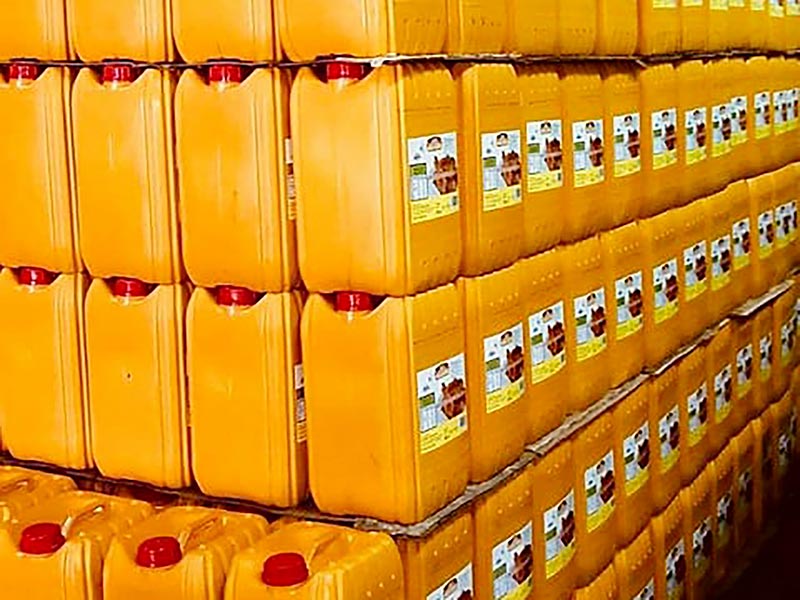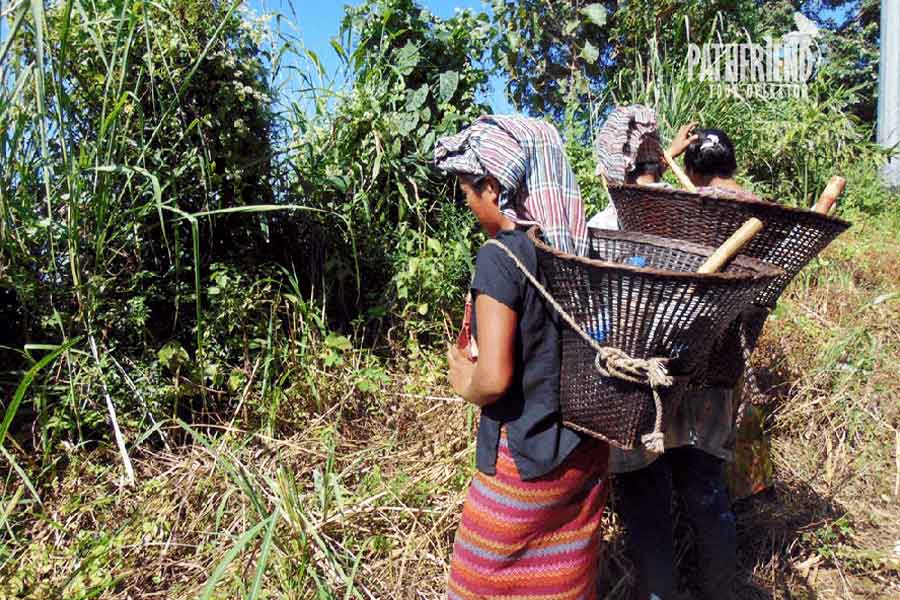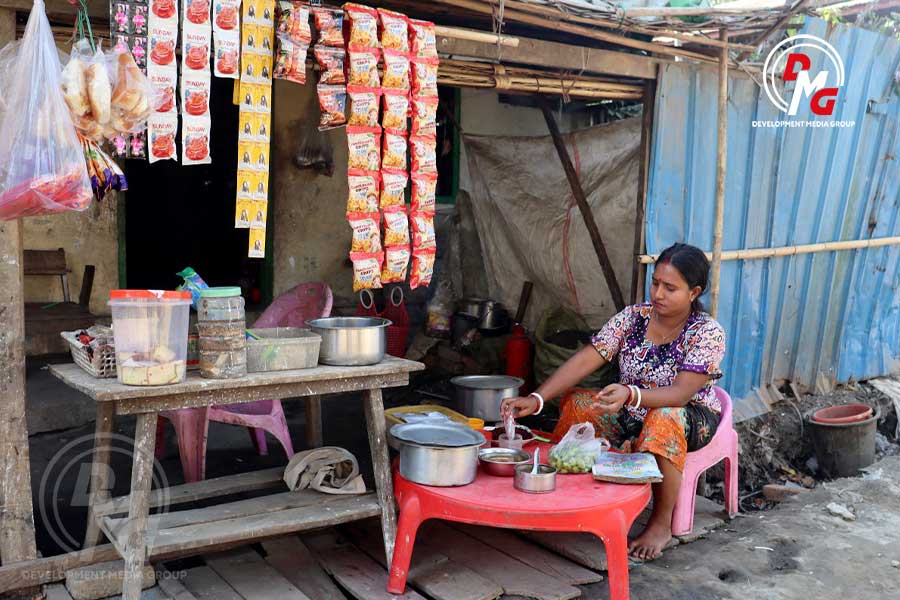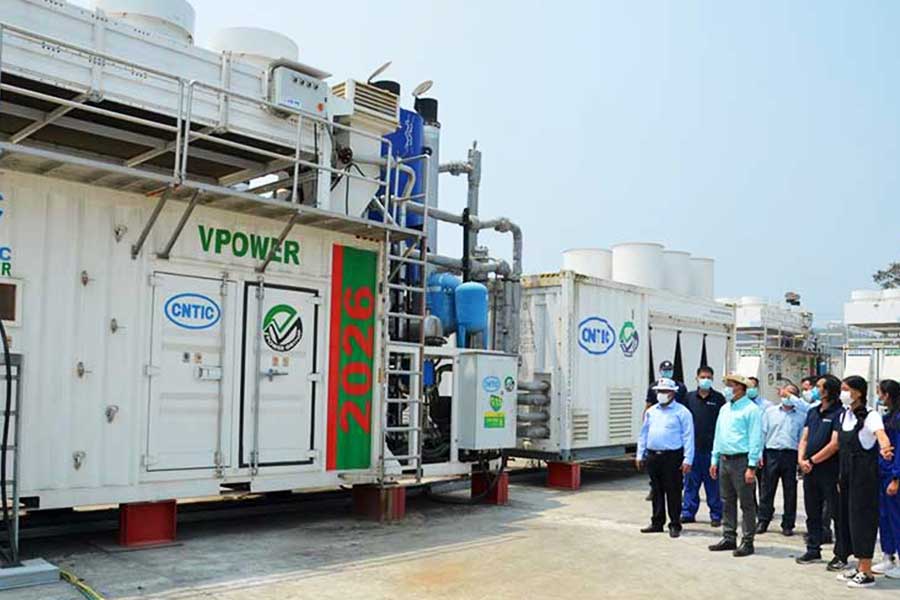- Fierce fighting breaks out near junta’s No. 344 Artillery Regiment in Yekyi Twsp
- Indigenous communities in Chittagong Hill Tracts struggle amid ARSA threats
- Weekly Highlights from Arakan (Feb 16 to 22, 2026)
- Hindus struggle with livelihood hardships amid job shortages in Arakan State
- Equipment from Chinese-owned VPower plant in Kyaukphyu to be fully relocated amid growing conflict
Cooking oil prices surge in Arakan State
The prices of palm oil and some other cooking oils have as much as doubled since the beginning of the year in Arakan State, according to wholesalers and businesspeople.
13 May 2021

DMG Newsroom
13 May 2021, Sittwe
The prices of palm oil and some other cooking oils have as much as doubled since the beginning of the year in Arakan State, according to wholesalers and businesspeople.
Ma Khin Khin Htay, a grocery seller in Sittwe, said the price of cooking oil in Arakan State was around K2,150 ($1.40) per viss in early January, but that palm oil and vegetable oils including sunflower and soybean varieties are now twice as expensive.
“In the past, we had to buy back bottles of cooking oil that were sold for 1,000 kyats at the shop for 2,000 kyats. Bottles of cooking oil, which used to sell for more than 2,000 kyats, are now being bought back for 5,000 kyats. The price of palm oil and vegetable oils are going up. The rest of the domestic pulses are priced at just over a few hundred kyats,” she said.
Currently, edible oil is being imported from Yangon to Sittwe. The price of one viss of palm oil bought from Yangon is as high as K37,000, and is being resold in Sittwe for about K40,000, according to a source who spoke on condition of anonymity.
“Palm oil is transported by ship to fuel tanks. Some are ordered in 10-viss boxes. Some of the cooking oil is transported in tanks and refilled in containers and sold in closed parking lots. From now on, the price of palm oil will not go down,” he said.
Myanmar imports most of its palm oil, primarily from Malaysia, and prices in Malaysia are reportedly up by about 10% due to rising demand.
As palm oil is an imported commodity, some traders believe that as the dollar appreciates, so will dollar-denominated goods.
“As the dollar appreciates, all major imports of fuel, construction materials, cement and steel will go up. I think we need to be careful about how to reduce the value of the dollar,” said Ko Aung Aung, a businessman.
U Tin Aung Oo, chairman of the Arakan State Chamber of Commerce and Industry, said that they were unable to control local commodity prices because commodity prices were rising not only in Arakan State but across the country, as were the prices of imported goods.
“Local products are not very expensive. Gasoline prices have risen slightly and transportation costs have risen slightly. However, since palm oil is imported from abroad, the prices have doubled in the original shops in Yangon, so how can we tell traders here to adjust the price?” he explained.
Ma Khin Thein Aye, a housewife in Sittwe, said that due to rising cooking oil prices, people are using less cooking oil than before and are struggling to make ends meet.
“We are daily wage workers, so if we could buy 10 ticals of cooking oil in the past, we can only buy five ticals of cooking oil now. At home, we have to reduce the amount of oil used when cooking dishes,” she said.

















.jpg)